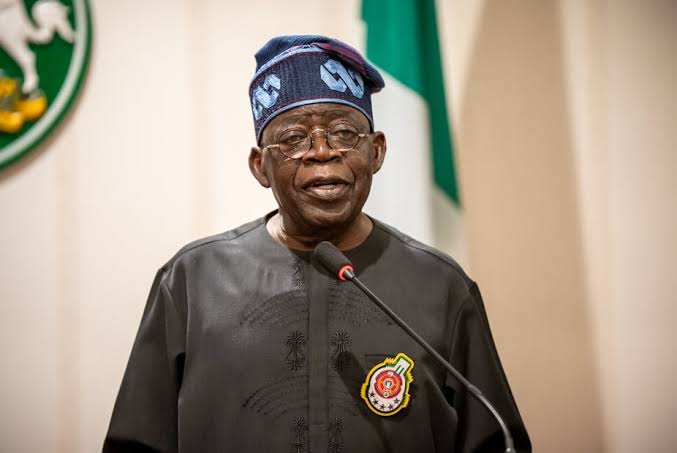President Bola Tinubu’s administration has set its sights on navigating the evolving landscape of digital finance, harnessing the potential of Nigeria’s youthful population, and implementing key fiscal reforms to propel the nation towards economic transformation. Emphasizing the need for proactive management of the shift away from traditional banking systems, Tinubu directed financial and capital market authorities to closely monitor the increasing adoption of stablecoins and digital currencies. This directive underscores the administration’s recognition of the rapid transformation occurring within the global financial system and the need for Nigeria to adapt and regulate these emerging technologies. The Securities and Exchange Commission has already begun to strengthen its oversight in this area, classifying digital assets as securities and implementing licensing and supervisory frameworks for Virtual Asset Service Providers.
Tinubu’s economic agenda focuses on transitioning Nigeria’s economy from mere resilience to active reinvention. He highlighted the crucial role of digital tools, artificial intelligence, and open banking in driving industrialization, enhancing efficiency, and generating employment opportunities. While acknowledging the current GDP growth, he emphasized the need for increased industrial contribution from the manufacturing sector to create sufficient jobs for the burgeoning workforce. The President views the integration of digital advancements as vital for achieving this objective, indicating a commitment to leveraging technology to address unemployment challenges and stimulate economic growth.
Recognizing the demographic dividend presented by Nigeria’s youth, projected to constitute the world’s largest workforce by 2050, Tinubu underscored his administration’s commitment to investing in education, infrastructure development, and digital skills acquisition to equip young Nigerians for future opportunities. This focus on human capital development aligns with the broader goal of economic transformation, preparing the next generation to participate effectively in a digitally driven global economy. By investing in these key areas, the administration aims to unlock the potential of its young population and position Nigeria for sustained economic growth.
Fiscal policy reforms also form a central pillar of Tinubu’s economic strategy. The recently enacted tax reforms aim to establish a more transparent and efficient tax system. Linking government accounts with the Central Bank of Nigeria is expected to enhance revenue mobilization and provide greater visibility into government finances. This increased transparency and efficiency are anticipated to yield dividends in terms of increased government revenue and improved fiscal management. The focus on fiscal responsibility signals a commitment to creating a stable and predictable economic environment conducive to private sector investment and growth.
Beyond access to financial services, Tinubu stressed the importance of financial inclusion as a driver of job creation, particularly for young Nigerians. He emphasized the need for households to have reliable access to affordable financial services and reputable loan facilities, recognizing the link between financial inclusion and economic empowerment. The focus on job creation through financial inclusion underscores the administration’s commitment to addressing poverty and inequality by empowering individuals and families to participate more fully in the economy. This approach aims to create a more inclusive and equitable economic system that benefits all Nigerians.
Tinubu’s vision for economic transformation rests on a multi-pronged approach that includes embracing digital innovation, fostering human capital development, implementing fiscal reforms, and promoting financial inclusion. He emphasized the importance of collaboration and innovation as key drivers of success, expressing confidence in Nigeria’s commitment to this path. The Central Bank of Nigeria, under Governor Olayemi Cardoso, shares this vision and has set an ambitious target of attracting $1 billion per month in diaspora remittances by 2026, recognizing the transformative potential of channeling these inflows into productive sectors of the economy. Collaborative efforts with commercial banks on international outreach programs aim to enhance diaspora confidence and boost remittances, further contributing to Nigeria’s economic growth. The overall strategy reflects a concerted effort to leverage all available resources and create a dynamic and thriving economy for all Nigerians.














